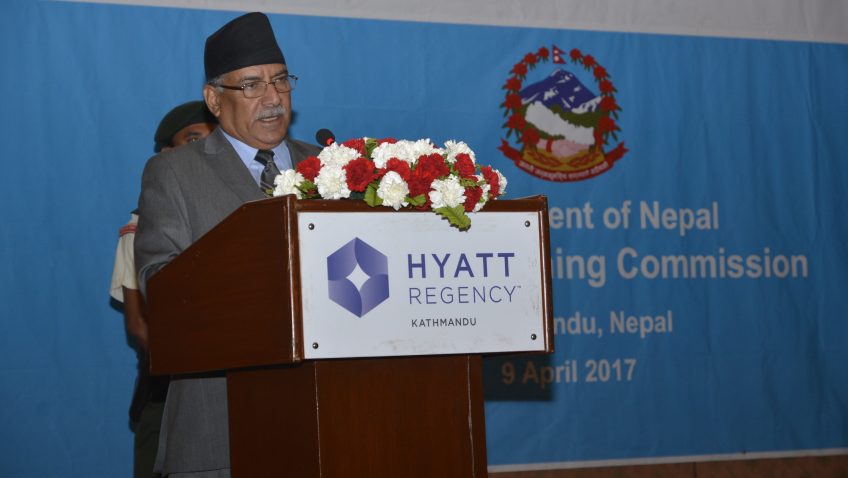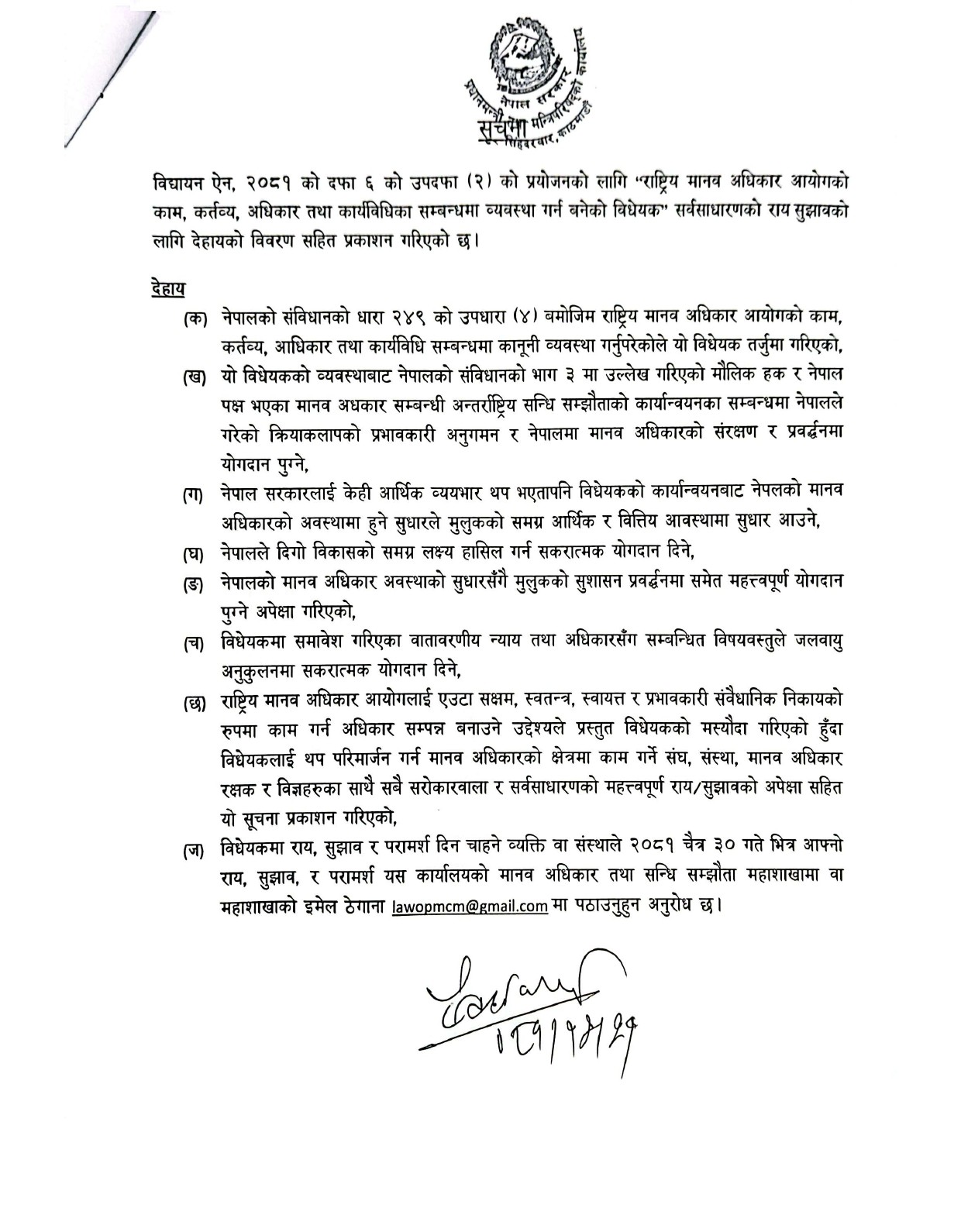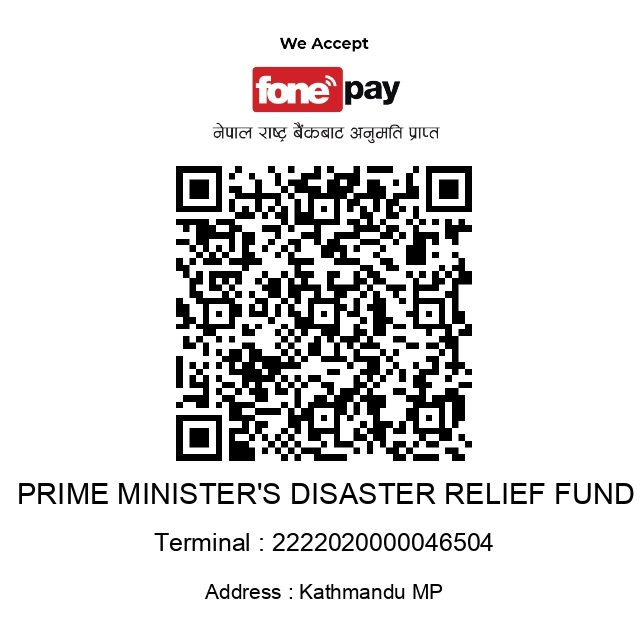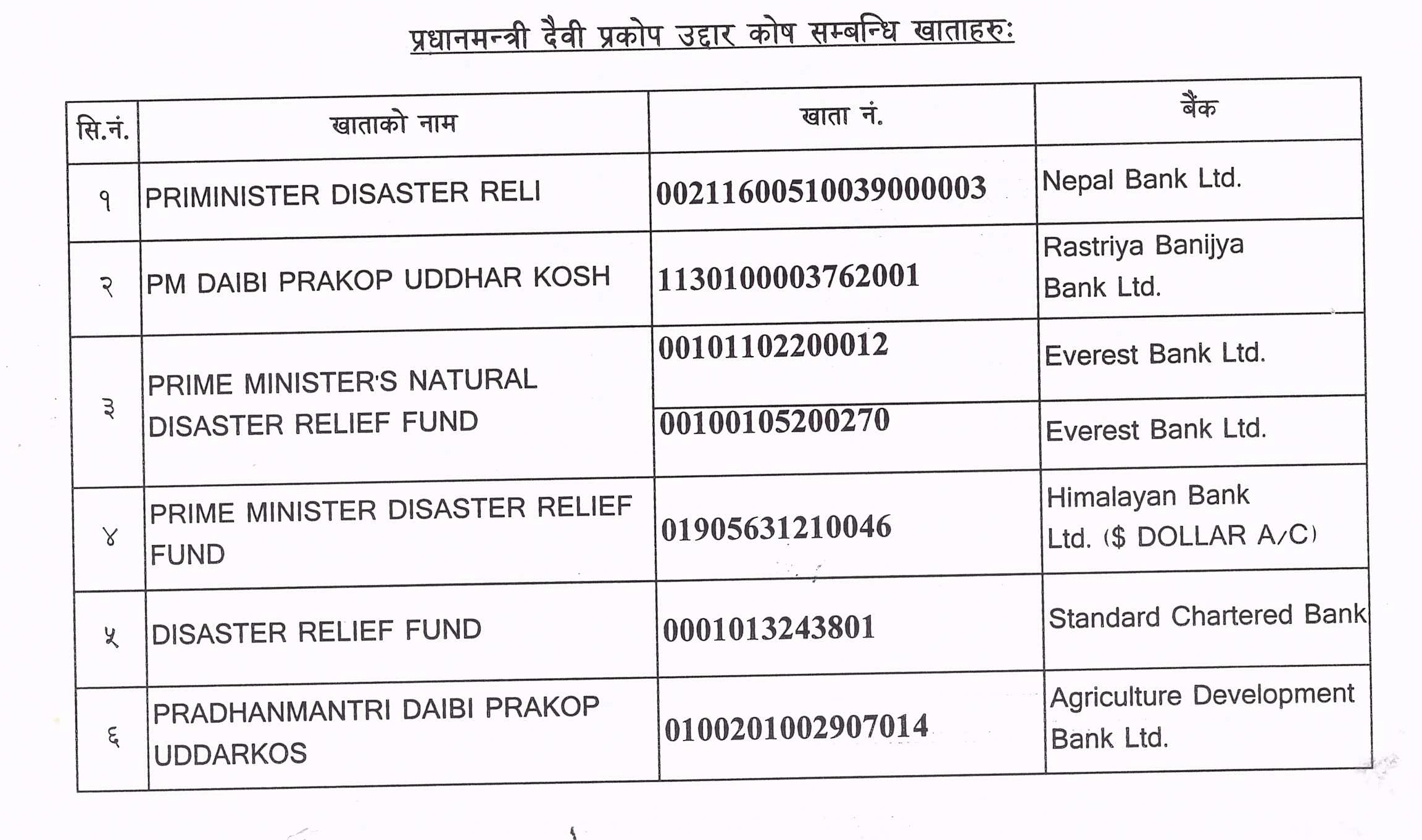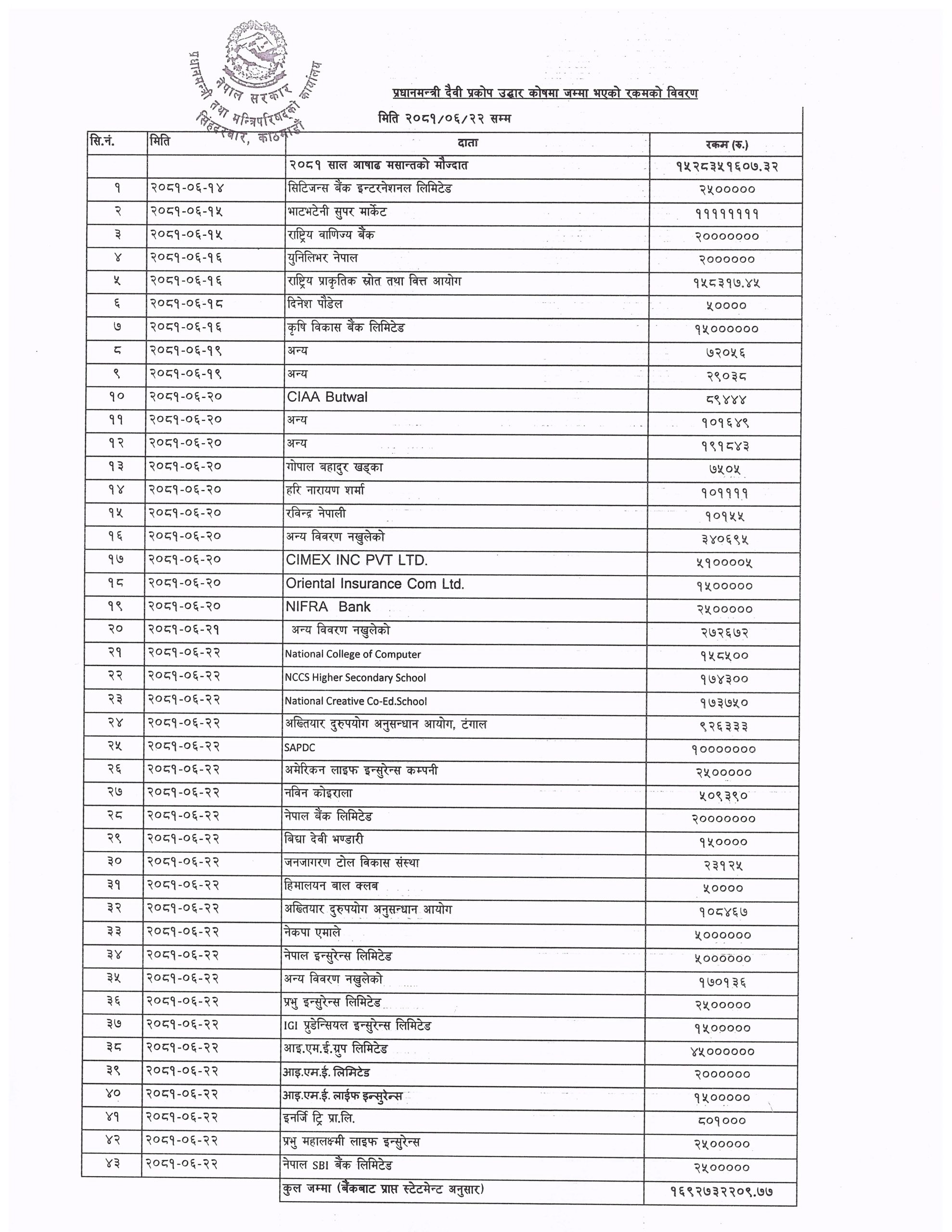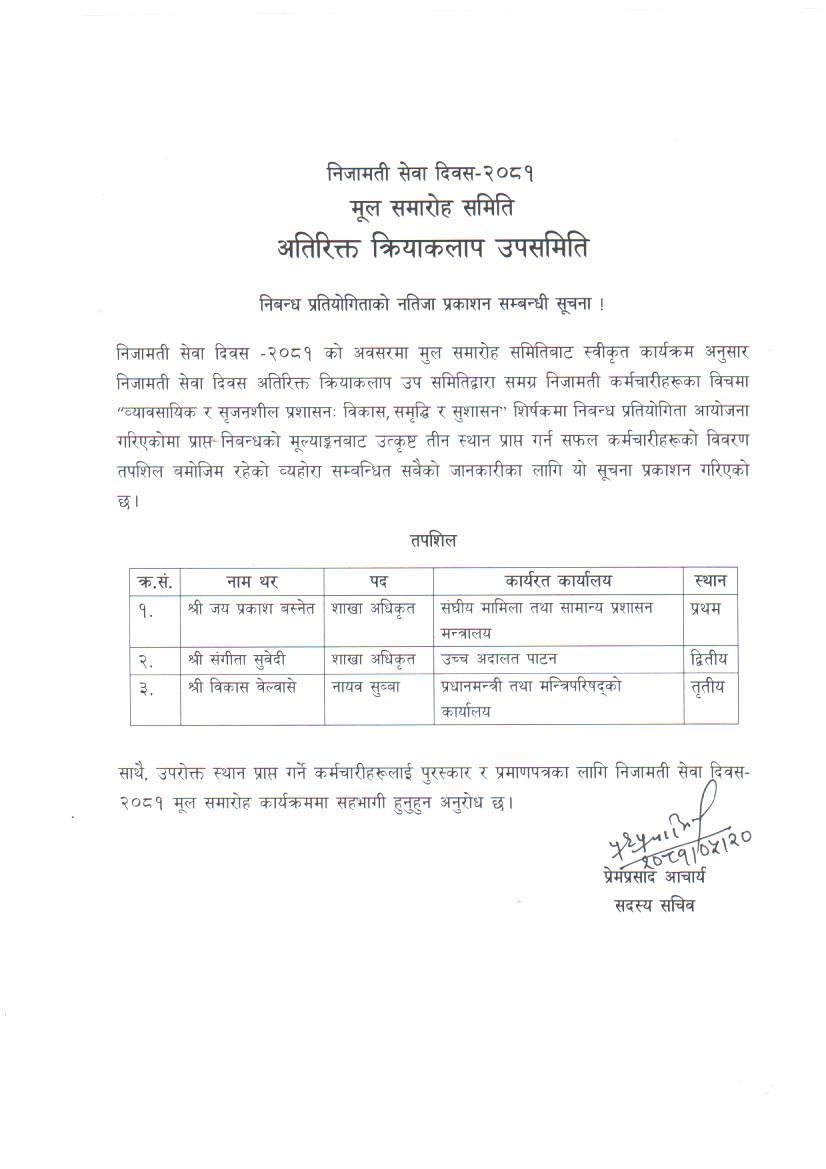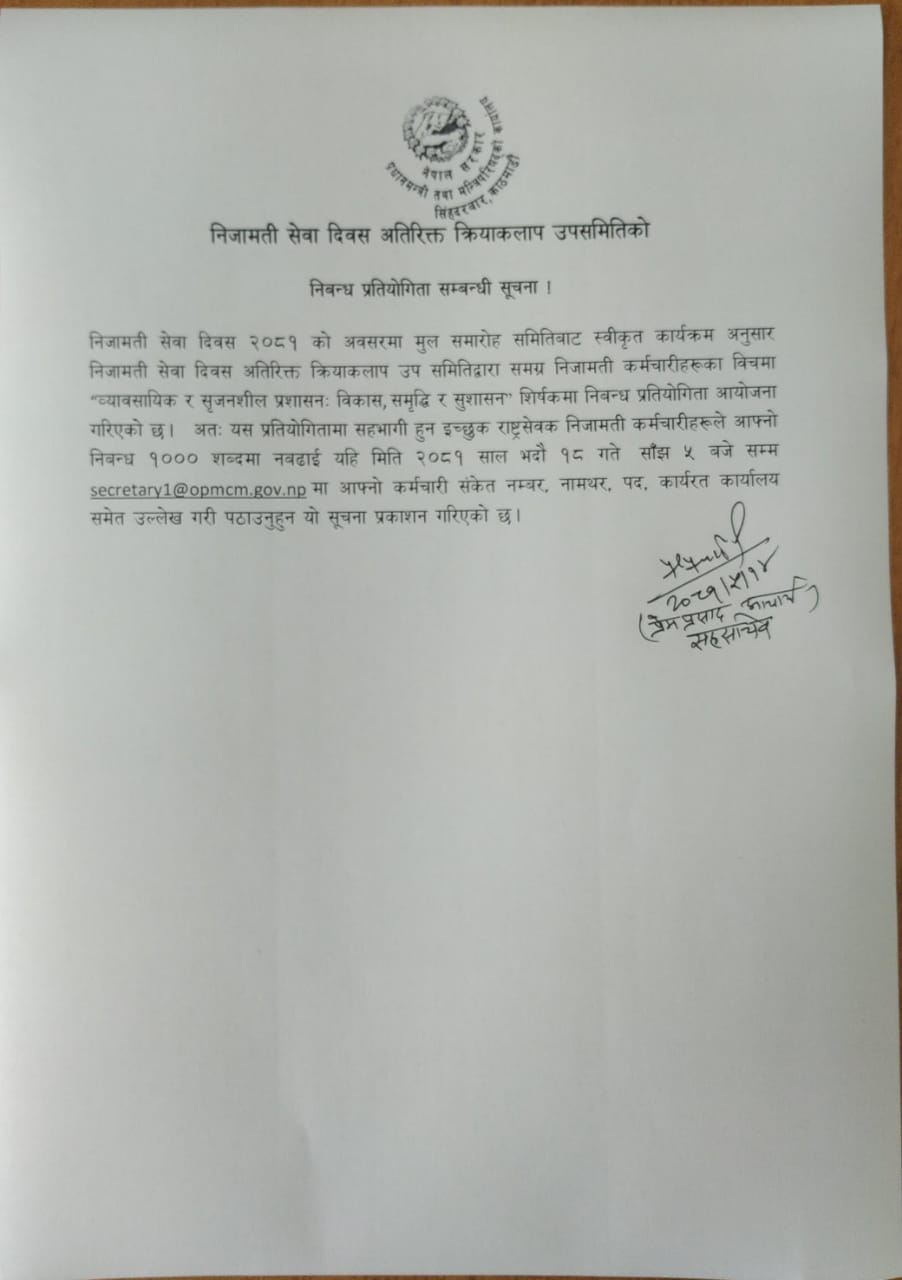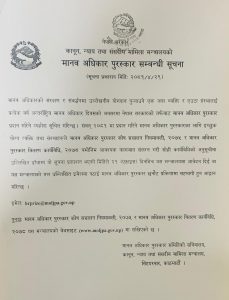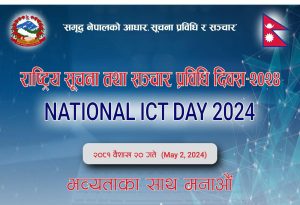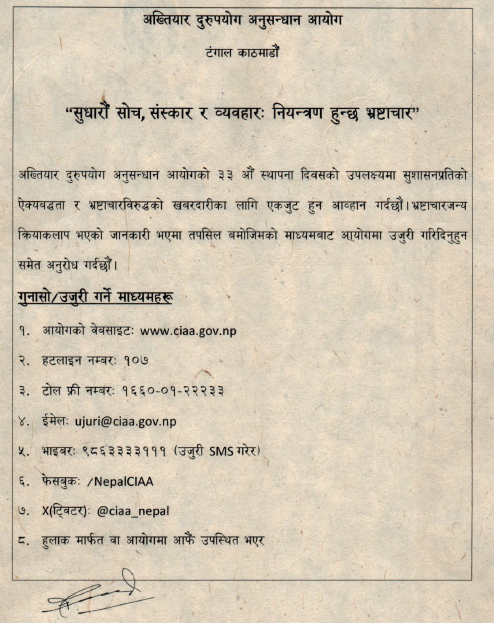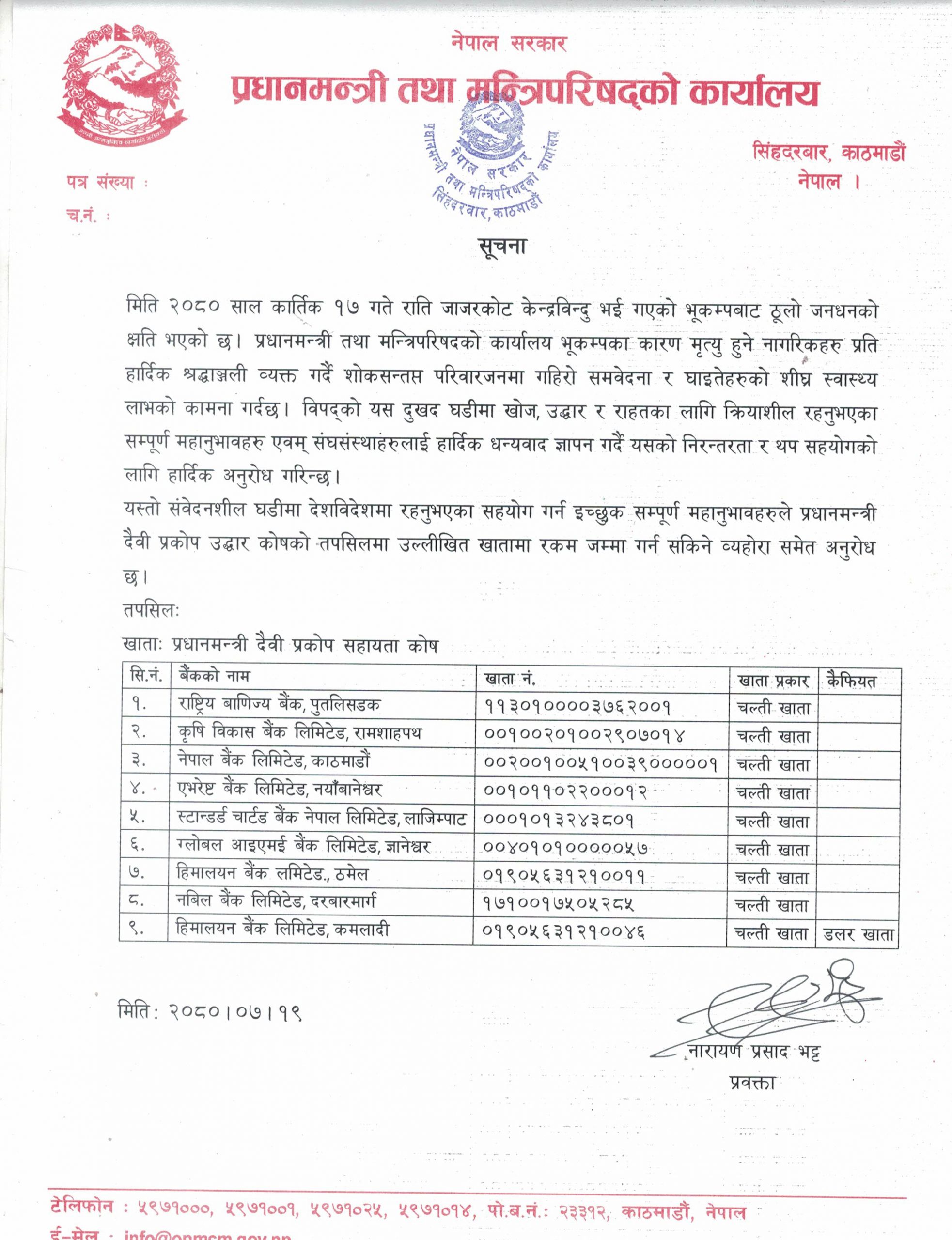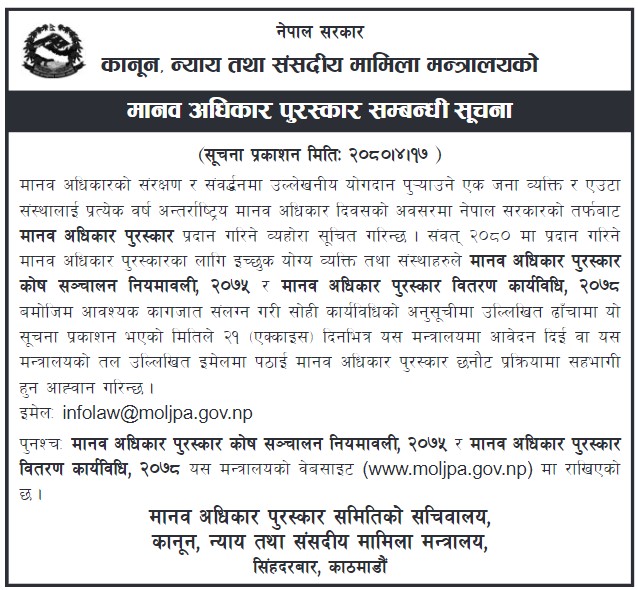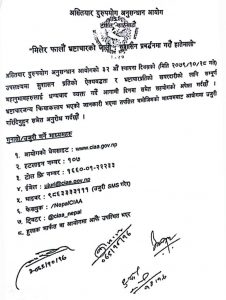Honorable Deputy Prime Ministers,
Honorable Ministers,
Honorable Vice-Chairman and Members of the Planning Commission,
His Excellency Dato Sri Idris Jala and his distinguished team members from PEMANDU,
Chief Secretary,
Ladies and Gentlemen
Let me begin by thanking Honorable Vice-Chairman of the National Planning Commission and his team for organizing such an important workshop.
- I also take this opportunity to thank His Excellency Dato Sri Idris Jala and his team for travelling all the way from Malaysia to conduct this workshop and also for sharing Malaysian experience on transforming the economy.
- I am sure this workshop has been very unique and useful exercise. I saw honorable deputy prime ministers, honorable ministers, and leaders of major political parties working together in groups very seriously to set the strategic direction of the country.
- We have made some significant achievements through our planned development efforts 1956. People’s living standard has improved, level of poverty reduced, and social indicators have shown relative progress. However, many of the goals and targets set out for each periodic development plan have remained unmet. Rate of implementation has remained slow and impact largely sparse and inadequate to meet the expectations of the people.
- I believe this workshop has helped the participants to understand and realize the underlying reasons for the under performance of our development plans. It must have been a useful exercise to identify the causes of our under-development and helped us in framing viable way forward.
- It is a high time for us to seriously work on creating strong foundation of socio-economic development for the welfare and prosperity of the country and the people.
- A Constitution with federal system of governance as the main feature is in place and elections for the local bodies has been announced. Now we need to focus on transforming Nepal’s economy to better serve the people.
- We have already envisioned a Nepal that will be a middle income country by 2030. However, attaining the status of a middle income country requires a sustained high level of economic growth, horizontal spread of the benefit of economic development, and creation of broad-based backward and forward linkages to ensure that everyone becomes a beneficiary of the economic development process.
- In order to propel the economy towards a new phase and also to make the country prosperous during our own life-time, a distinct departure from the current strategies is essential.
- In this context, the 8 step BFR methodology appears to be an appropriate initiation. I consider that this initiative is one of the most effective initiatives Malaysia pursued to become what it is today and to become a developed, high-income nation by 2020. Identification of the key economic areas and utilization of strategic investment opportunities to leverage the strengths are some of the key learnings that Nepal can take out from Malaysia’s experience.
- I need not repeat more about the importance of this workshop and usefulness of the BFR methodology. What I want to repeat is that this methodology will definitely help Nepal in creating a supportive environment to improve the efficiency of Nepal’s public service, encourage the business activities and promote economic growth. I believe that incorporating a mechanism similar to PEMANDU in Nepal is necessary to achieve our goals of becoming a middle income country by 2030. This workshop is an important stepping-stone to that end.
- I understand that our implementation arms, the bureaucracy along with the whole team of National Planning Commission, is participating in similar workshop in the afternoon.
- Government of Nepal is keen in learning practical way forwards from this important exercise and remains committed to adopting the BFR methodology and implement a transformation program for Nepal.
- To conclude, I would like to thank National Planning Commission for organizing this event. I also wish to extend our deep appreciation to PEMANDU and Asian Development Bank for their strong support.
I thank you all.
9 April 2017, Kathmandu, Nepal
